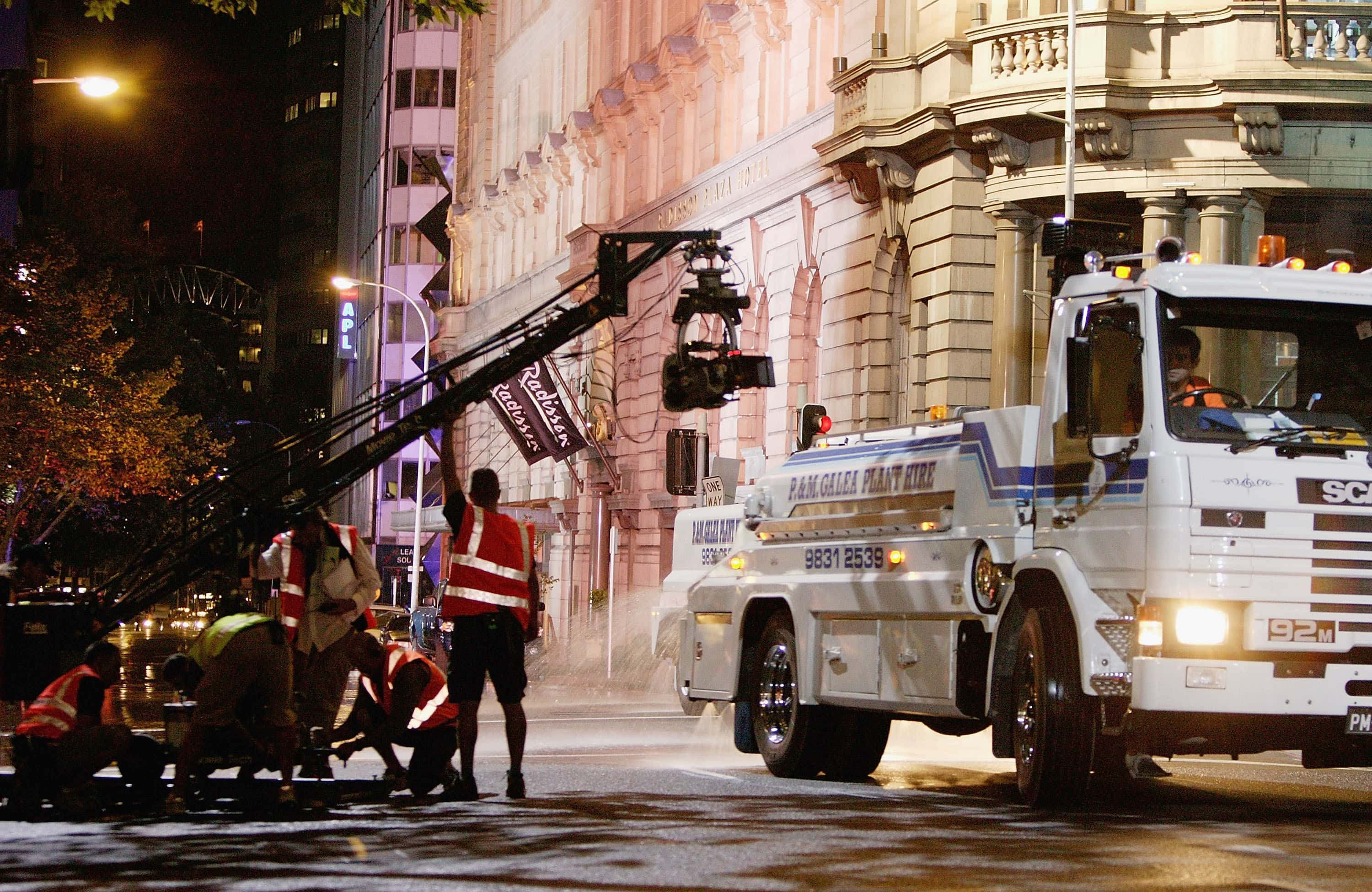Why are IATSE members striking? Hollywood rocked by biggest labor strike in 14 years

Hollywood is facing a possible nationwide shutdown on production, as the International Association of Theatrical Stage Employees (IATSE) has called for a strike authorization vote on October 1. The historic walkout would be a first for the IATSE if voted in favor of, as union members demand better working conditions from the Alliance of Motion Picture and Television Producers (AMPTP). The calls for a vote came after the AMPTP refused to back down to the IATSE's requests, which has been slammed by many workers.
At the heart of the battle between the two groups is the Covid-19 pandemic, which has radically changed film productions. The pandemic led to all productions being put on hold in 2020, before resuming with strict biobubbles. In December 2020, Tom Cruise went viral after audio leaked of him berating two crewmembers for violating the biobubble in England. But while the star has enjoyed a lavish stay at the UK's Church of Scientology headquarters, things have been very different for behind-the-camera talent.
RELATED ARTICLES
Crewmembers have been forced to work longer hours, with little freedom and ability to get around. It's taken a toll on them, which is why the IATSE is currently negotiating for better working conditions, particularly against "new-age" studios like Netflix and Amazon Prime.

Why is the IATSE calling for a strike?
The union is demanding greater funding for the pension and health plans, living wages, mental health breaks, reasonable rests between shoots, and a better slice of the pie from revenues generated by streaming services." While filming has always been a challenge, biobubble rules have meant crews have been forced to isolate for longer and work longer hours to catch up on deadlines. "There are projects where people get upset if you go to a doctor’s appointment. This industry does not encourage rest and time off. It’s a culture of being workaholics," costume designer Antoinette Jones told Variety in September 2021. Another costume designer revealed, "After working on sets I have seen crew abused emotionally and physically, put in dangerous locations and situations."
That's what the IATSE is attempting to negotiate against. The break brought on by the pandemic has given many a first experience of family life. "I knew the pandemic would bring about this change because it was the first time so many crew members have seen their kids grow up, tuck them into bed and kiss their wives in the morning," noted Courtney Hoffman. The current deal between the IATSE and AMPTP was set to expire on July 10, but was extended to September 10, as the two sides hashed out a new three-year deal.
On September 20, IATSE President Matthew D Loeb told union members, "the AMPTP informed the IATSE that they do not intend to respond to our comprehensive package proposal... This failure to continue negotiating can only be interpreted one way." He announced a nationwide strike authorization vote "to demonstrate our commitment to achieving the change that is long overdue in this industry."
Will Hollywood shut down?
Simply put, it is possible. The vote is due to start on October 1, with results announced on October 4. If there is a resounding yes, crews all over the nation will walk out. That includes cinematographers, costumers, grips, script supervisors, technicians, designers, and all other behind-the-scenes talent. But, there's a lot of math involved that could mean a no vote, or a less-enthusiastic yes vote, which could undermine the IATSE's position.
There are two votes being put forward, one covering the Basic Agreement that is meant for the 13 IATSE locals based on the West Coast. The other covers the Area Standards Agreement, a deal for unions around the rest of the nation. While these other workers are also represented by the IATSE, they can take their own call on whether to strike and are yet to announce so. This is where things get a bit complex.
Like the Presidential election, the IATSE relies on a delegate system. At least 75% of each local’s voting members must vote in support, for all their delegates to qualify in favor of a strike. Given that there are 444 delegates across 13 locals, at least 223 delegates would be needed for approval. Even if that happens, it is possible for productions to simply shift abroad where the IATSE doesn't have any influence. But, that's only possible for high-end productions on massive budgets, so lower-cost ones would be forced to halt.
Given the complex math, it's not a certainty that the strike would come to fruition. Even if it did, there's no guarantee it will force the AMPTP to the negotiating table. Since the IATSE has never held a strike before, it's unclear how this will play out. But the AMPTP will be wary of shutting down productions, as two past strikes from the Writer's Guild set the industry back by a few million.










